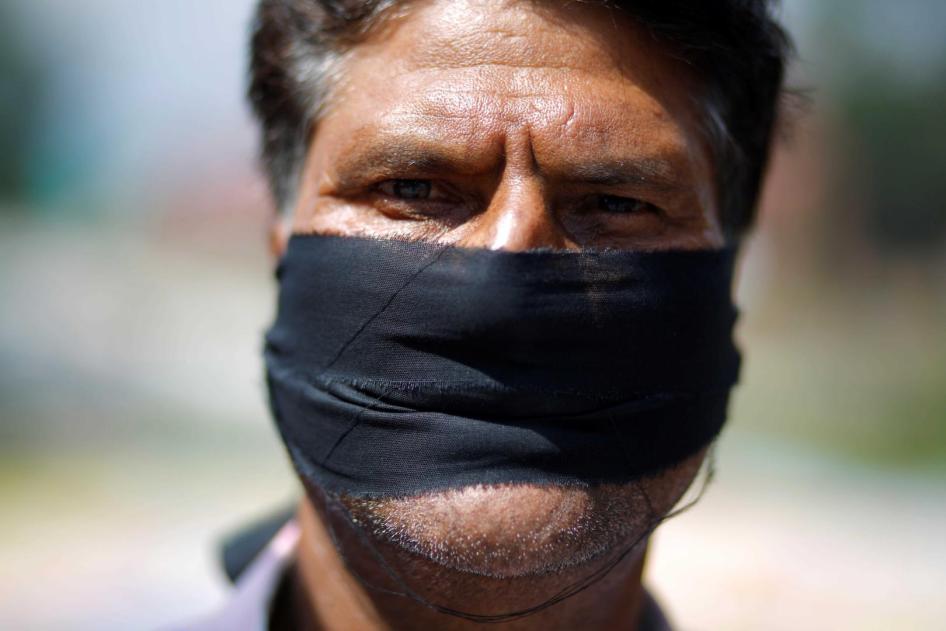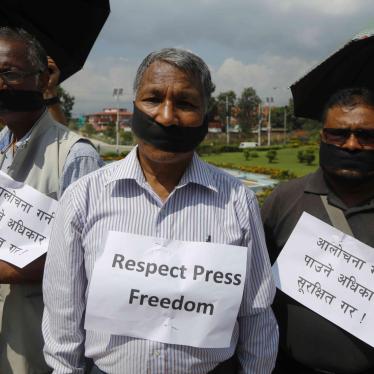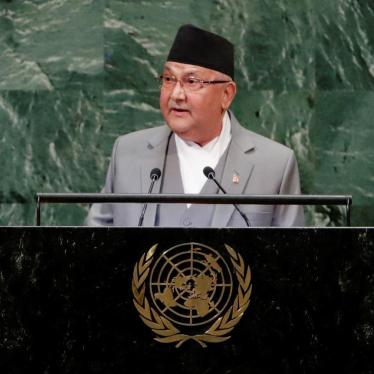The recent crackdown on journalists in Nepal is bad enough, but now the authorities have gone one step further and jailed a comedian for critiquing a film.
Pranesh Gautam, 24, an architect and part-time comedian who posts on a popular YouTube channel called Meme Nepal, was arrested on June 7 for a video he uploaded two weeks earlier poking fun at a new film, Bir Bikram 2. The film’s director, Milan Chams, complained to the police about the bad review, and Gautam was arrested soon afterward under the Electronic Transaction Act.
This is the latest of at least seven cases since the current government came to power in early 2018 in which authorities have misused legislation designed to prevent online fraud to persecute ordinary speech.
The police posted a photograph of Gautam on their Facebook page saying that he was arrested under the law “for using YouTube to spread wickedness and defame the film industry.”
One would think that Nepal’s filmmakers and producers would be outraged by this gross misuse of the law. Maybe many were, but several leading film industry figures, instead of upholding Nepalis’ right to free expression, visited the Kathmandu police station where Gautam was jailed to insist that the young comedian be sternly punished. Chams, the film director, insisted, “These kinds of elements harm the society and we need to get rid of them.”
Gautam got bail on June 13 after a week in jail, but the authorities have not dropped the case, and he is still in custody. If convicted, Gautam could face up to five years in prison and a US$900 fine.
Ironically, even as Gautam was being detained, Prime Minister K.P. Sharma Oli was speaking at the Oxford Union in the United Kingdom, extolling the importance of freedom of speech “for people and society to grow, develop, and prosper.” If Oli truly believes his words, he should amend the numerous abusive provisions in new media laws he’s putting before parliament.
Under international human rights law everyone has the right to freedom of expression. Any restriction on free speech must be limited and proportionate, and imposed only for certain important reasons such as protecting public order.
Annoying a film director by criticizing his movie doesn’t even come close to meeting these criteria.










